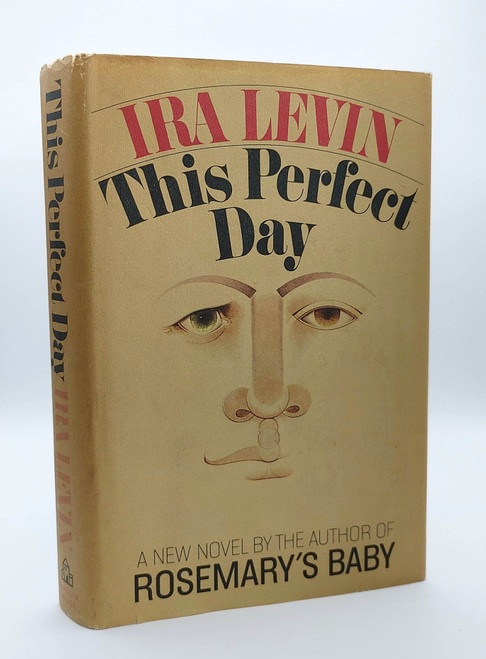In Kazuo Ishiguro’s The Remains of the Day, the story follows Stevens, an English butler who devoted his life to serving Lord Darlington, a wealthy aristocrat with Nazi sympathies. Through a series of flashbacks during a road trip to visit a former housekeeper, Miss Kenton, Stevens reflects on his unwavering loyalty to his master, his repressed emotions, and the cost of his servitude. As he confronts the choices he made, Stevens realizes the moral compromises and personal sacrifices he endured in the name of duty. The novel explores themes of duty, regret, and the loss of personal fulfillment, ultimately questioning the nature of self-deception and the consequences of blind loyalty.
Editorial Reviews
"A stunning and heartbreaking portrait of an English butler's emotional evolution, Ishiguro's novel masterfully evokes a world of lost grandeur, personal restraint, and profound regret." —The New York Times
"Ishiguro's examination of memory, duty, and the impact of personal choices on our future lives is as haunting as it is profound, leaving readers reflecting on their own quiet moments of truth." —The Guardian
About the Author
Kazuo Ishiguro is a British author born in Nagasaki, Japan, in 1954. He moved to the United Kingdom with his family when he was five years old. Ishiguro is widely recognized for his explorations of memory, identity, and the impact of history on personal lives. His novels, often tinged with a sense of melancholy and introspection, include Never Let Me Go and The Buried Giant. He won the Booker Prize for The Remains of the Day in 1989, cementing his reputation as one of the most important contemporary writers. Ishiguro's works often blur the boundaries of genres, from literary fiction to dystopian narratives. He was awarded the Nobel Prize in Literature in 2017 for his contributions to the field.








